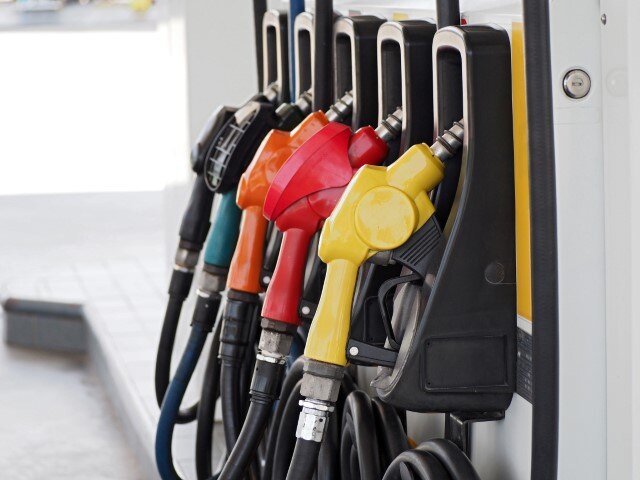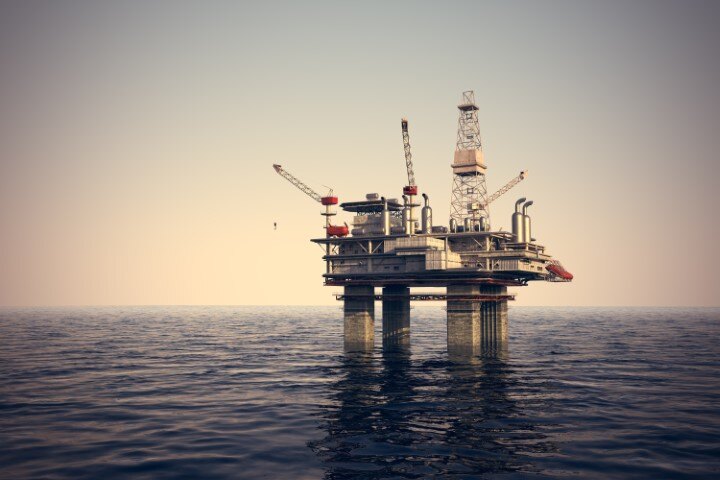Ethanol and the environment - the news isn't all good
The whole point of blending ethanol into gasoline across the nation was to improve the environment by making gasoline burn cleaner. Cleaner burning...
“You may be wrong or you may be right.”
Billy Joel said that a long time ago but you could also say that about the ethanol debate when you consider the question about whether it is or is not better than gasoline.
Which side of that answer you fall on depends on what the question is, and who’s giving the answer. Is ethanol better than gasoline in small engines? Absolutely not. Is ethanol better than gasoline for making fewer environmental emissions? Absolutely it is. Or maybe it isn’t. Depends on who you talk to.
This isn’t a disingenuous trick someone is trying to pull. There are deep divisions even within the scientific community (which has no skin in the game) that yield different answers to the same question. They say it’s because of things like how emissions and land use are “modeled”. Neither side has the perfect answer.
What does that have to do with it? Turns out, it’s a key factor in tipping the balance from ”ethanol saves the environment” to “ethanol is bad for the environment”. You grow corn in Nebraska to make ethanol fuel. This causes someone else in another place to convert other lands into fields (probably to try to replace the corn lost in the first field). This act of land conversion eats into the assumed environmental benefit you gained in the first place.
When they weren’t considering “indirect land use”, scientists thought it was a slam dunk that ethanol was good for the environment. That was back in 2006. Four years later, some of the same scientists revisited the issue, this time considering the land use factor, and concluded that maybe ethanol and gasoline impacts on the environment were about the same. The gap had closed.
They’re still arguing about it today.
There are pages and pages that could be written on the whole indirect land use phenomenon and whether it helps the environment or not. But if you want to pick one thing to understand how “indirect land use” could show ethanol to be good, not bad, for the environment, consider this:
Choosing to grow corn somewhere means you’re not growing something else in its place. Now, if you plant corn on land that used to grow….corn, there’s obviously no benefit to the environment when you’re considering how much carbon dioxide the plants clean up. Absorbing CO2 is an integral part of the +/- equation for ethanol.
So corn replacing corn does nothing.
But if you choose to grow corn in a field that used to grow hay, now you’re ahead of the game. The corn itself gets you a net gain in CO2 over the hay. But then you’re also going to grow something like wheat on the land once your corn crop is gone. Over the course of the entire year, you’re producing a lot more air-cleaning vegetation, and that helps make “corn for ethanol” a net winner for the environment.
But there’s another thing to consider. Trends have shown that as more land is used for corn production to make ethanol, less meat is being produced. People are actually eating less meat now than before. And that’s a net winner for the environment because meat production is extremely “resource intensive” and produces a lot of carbon dioxide. Setting aside land for corn production helps the environment because growing corn cleans up the air while producing meat does not.
Of course, check back in another couple of years, and the answer might have changed.

The whole point of blending ethanol into gasoline across the nation was to improve the environment by making gasoline burn cleaner. Cleaner burning...

Consumers are extremely price sensitive when it comes to their gas and fuel. This is one reason why government tax credits subsidize the biofuels...

We came across an interesting article on VPR News talking about how the ethanol in your gas tank is enough to feed 22 people. Read the article for...